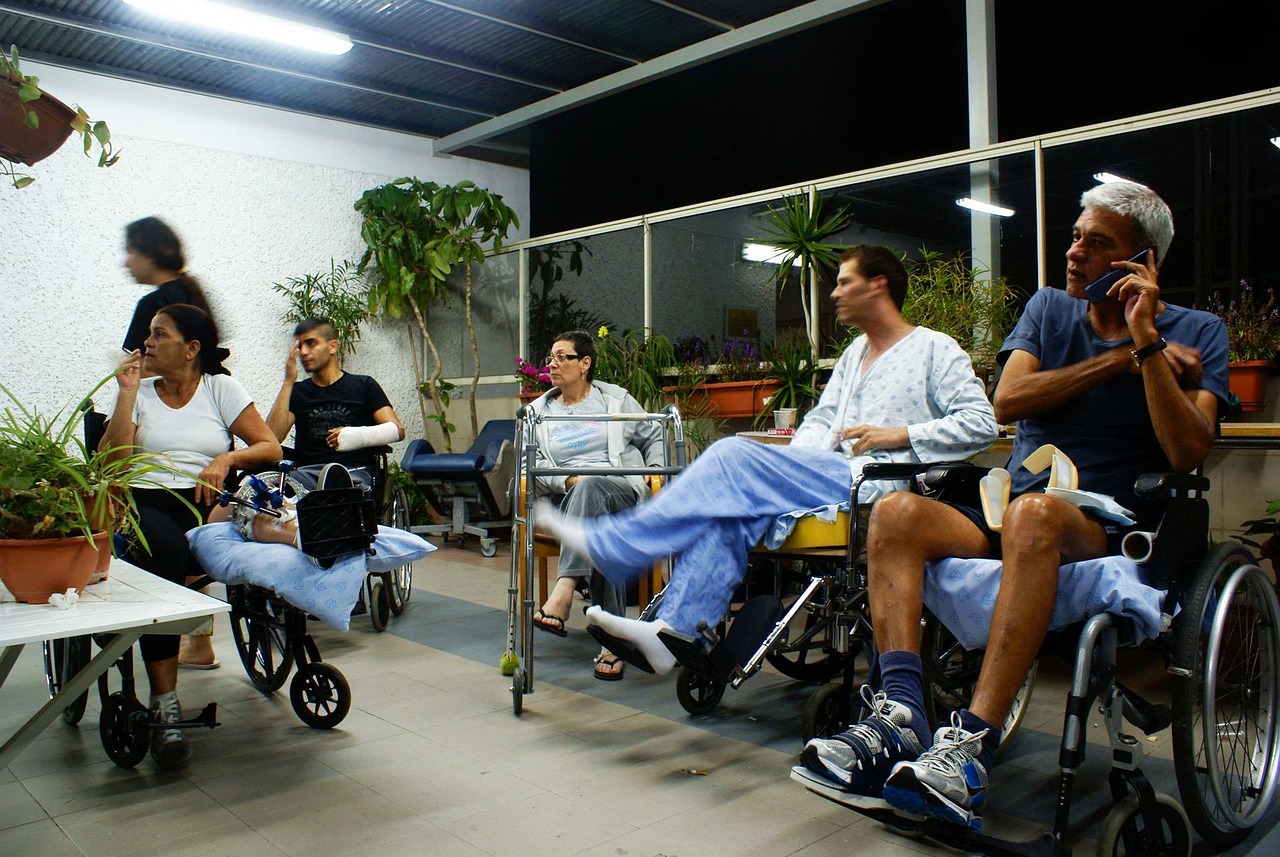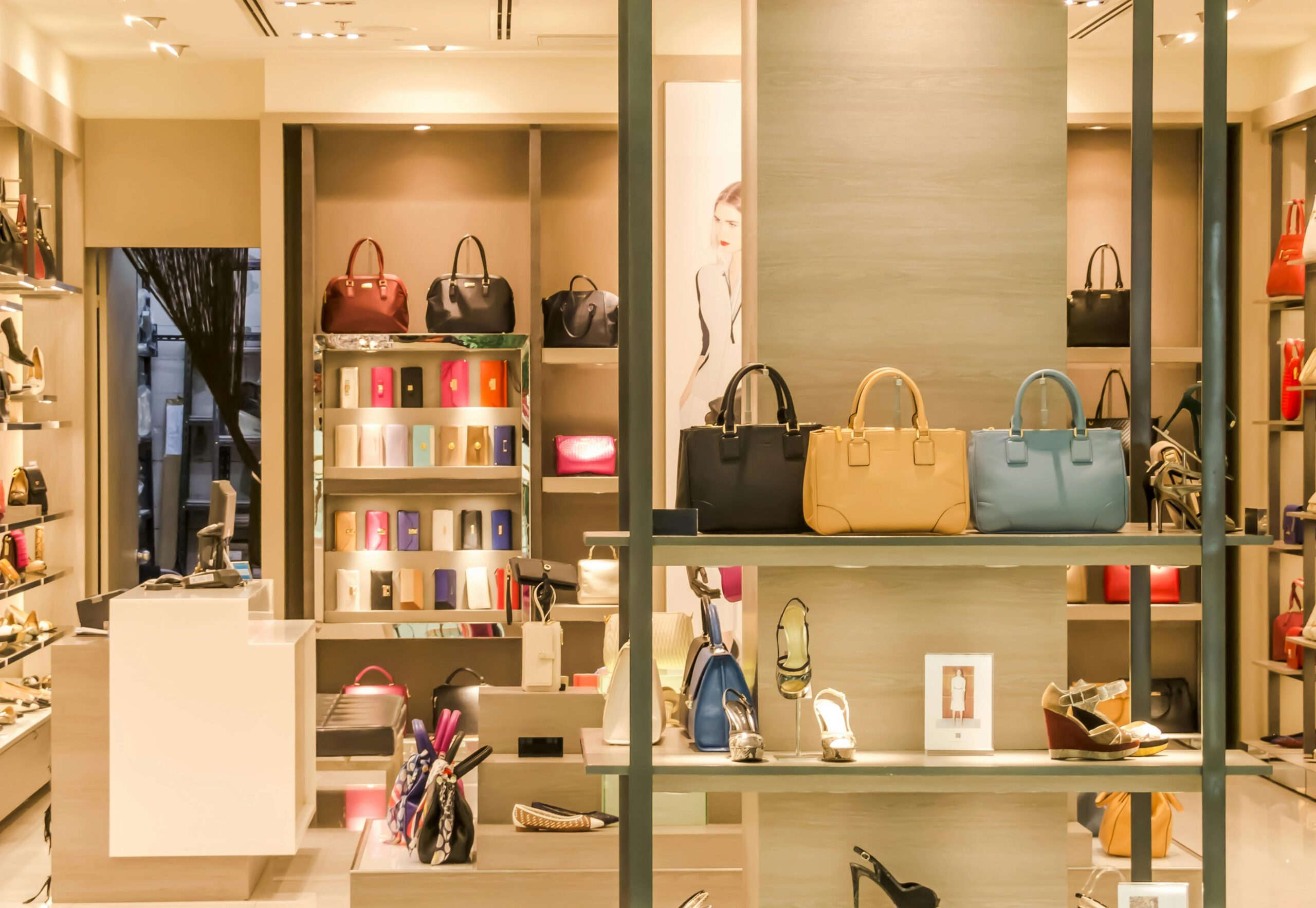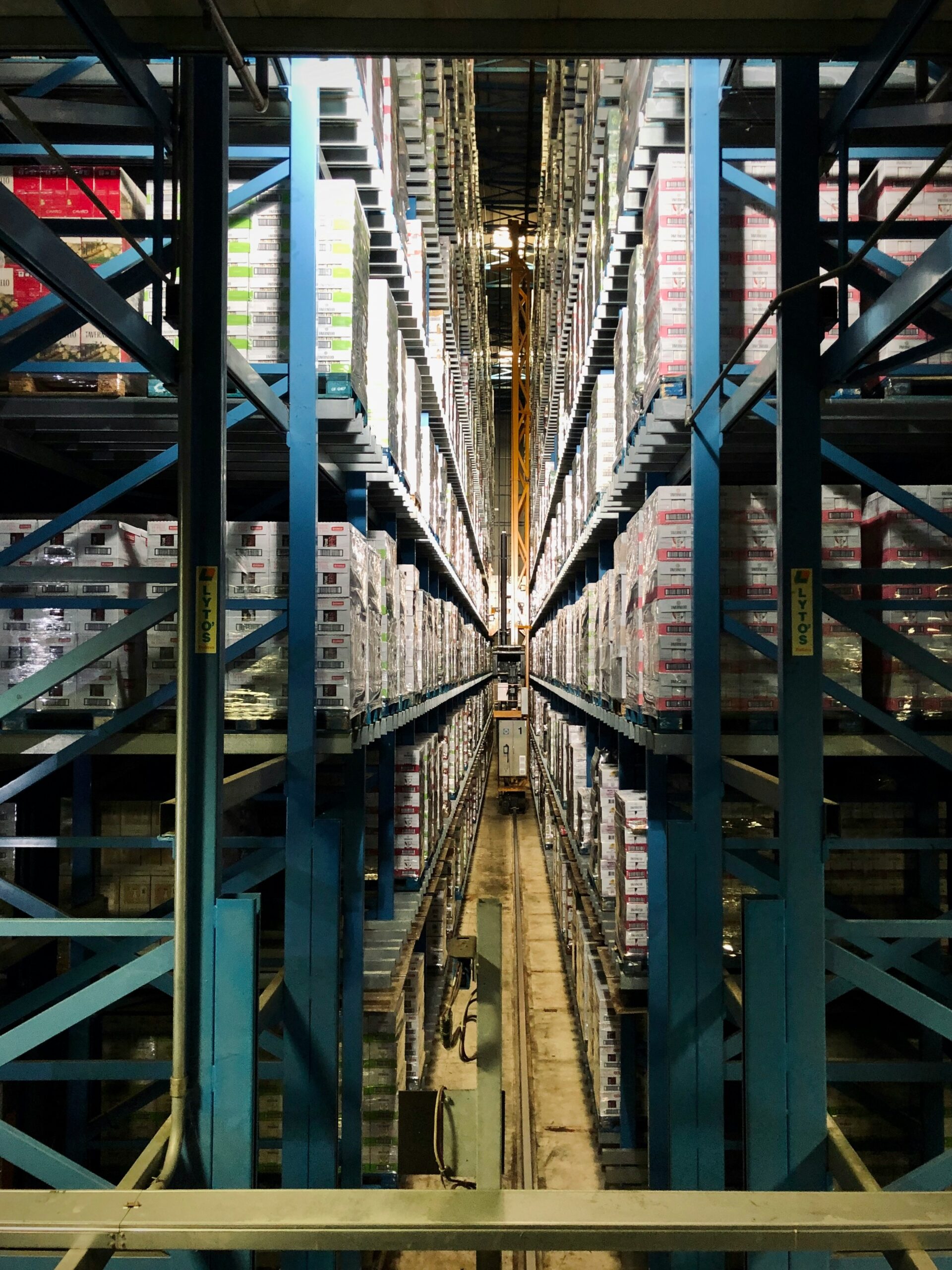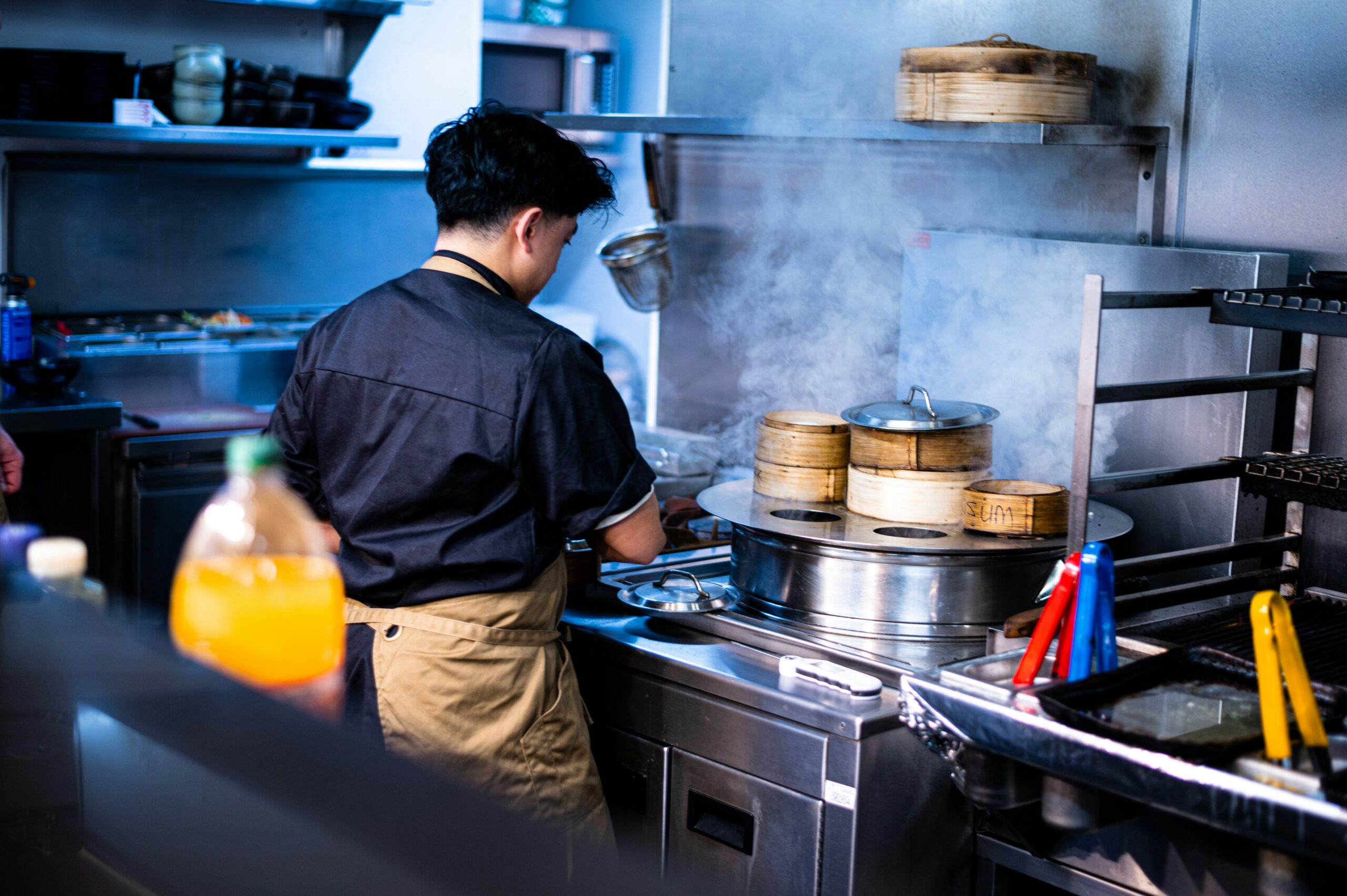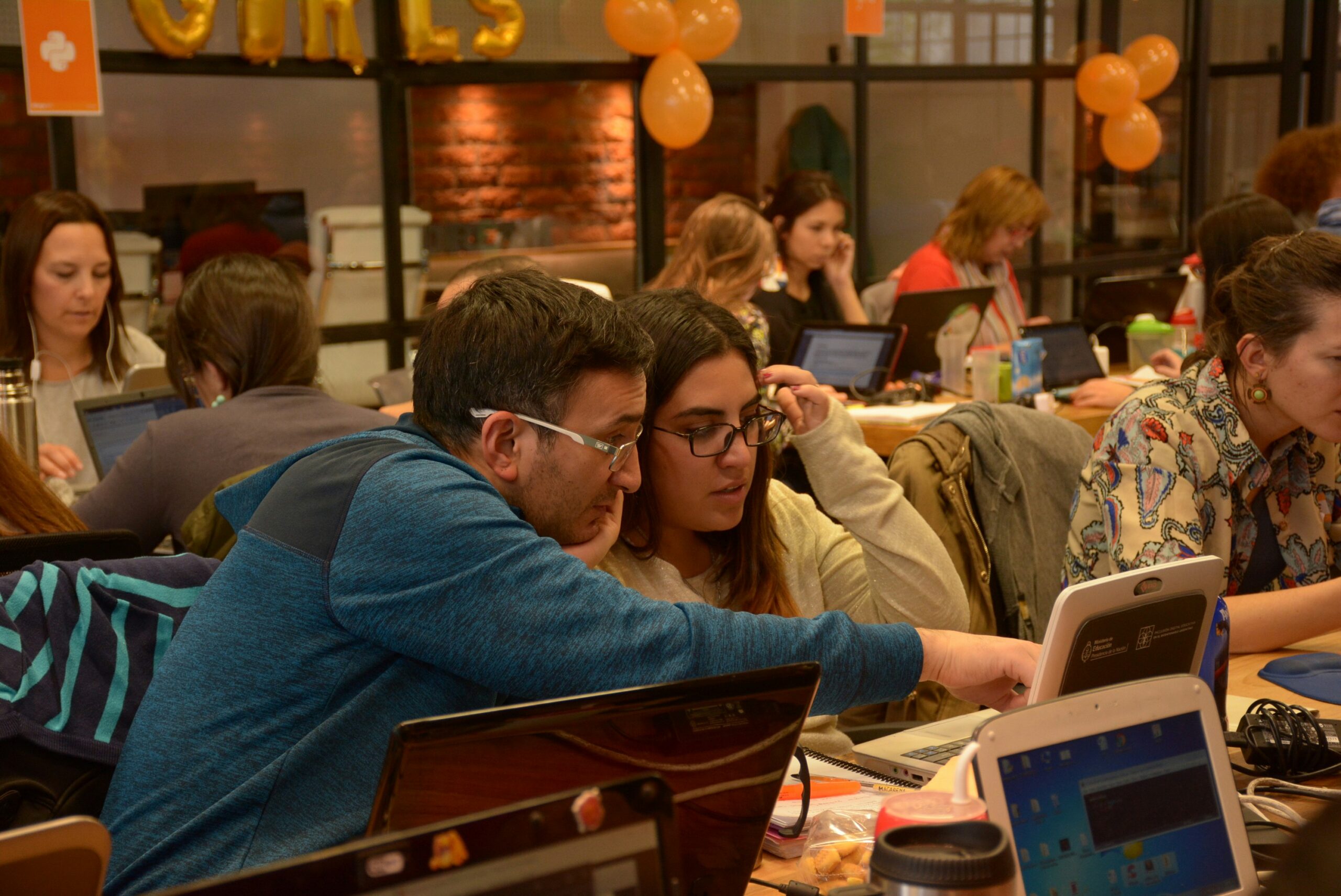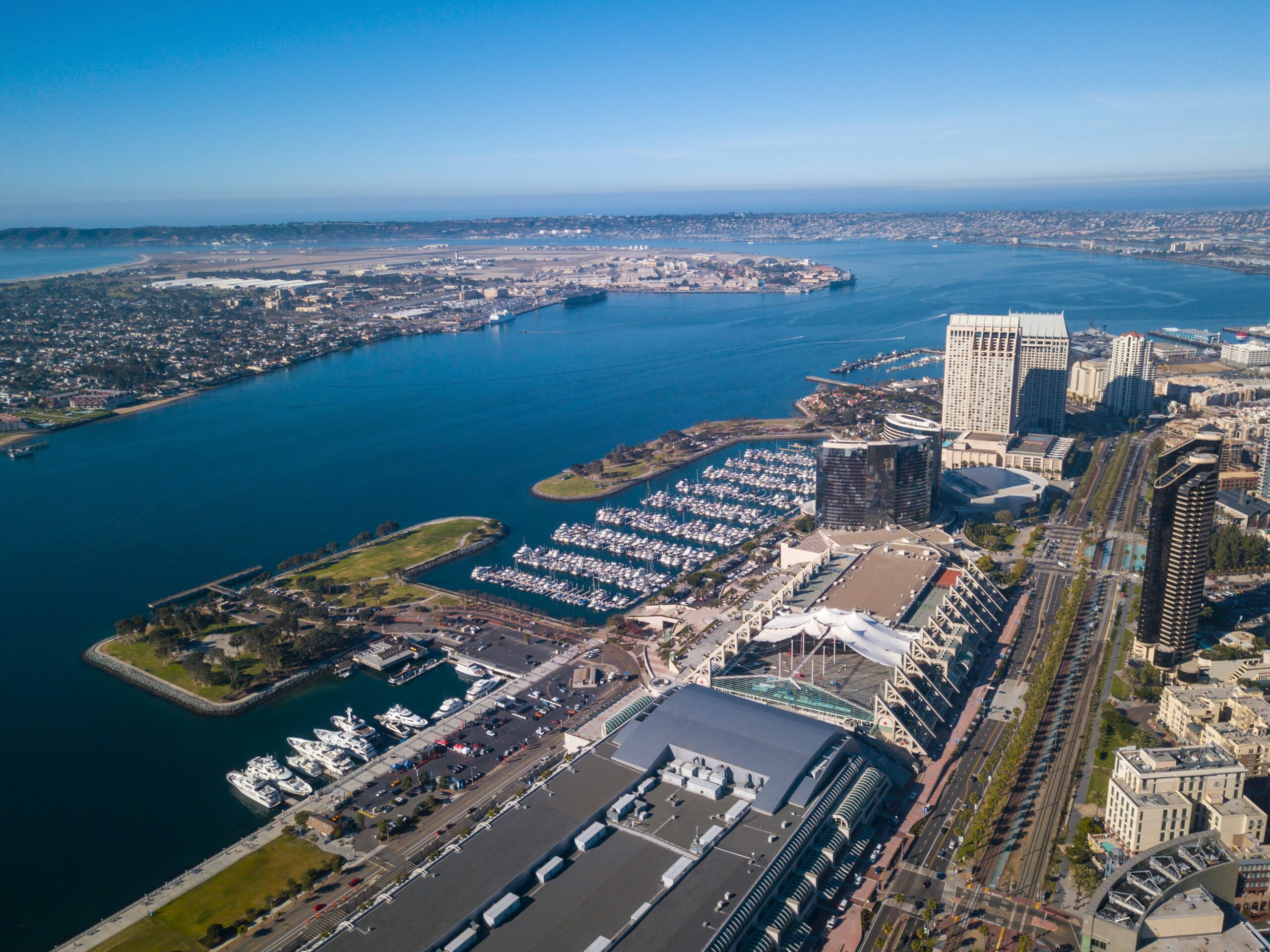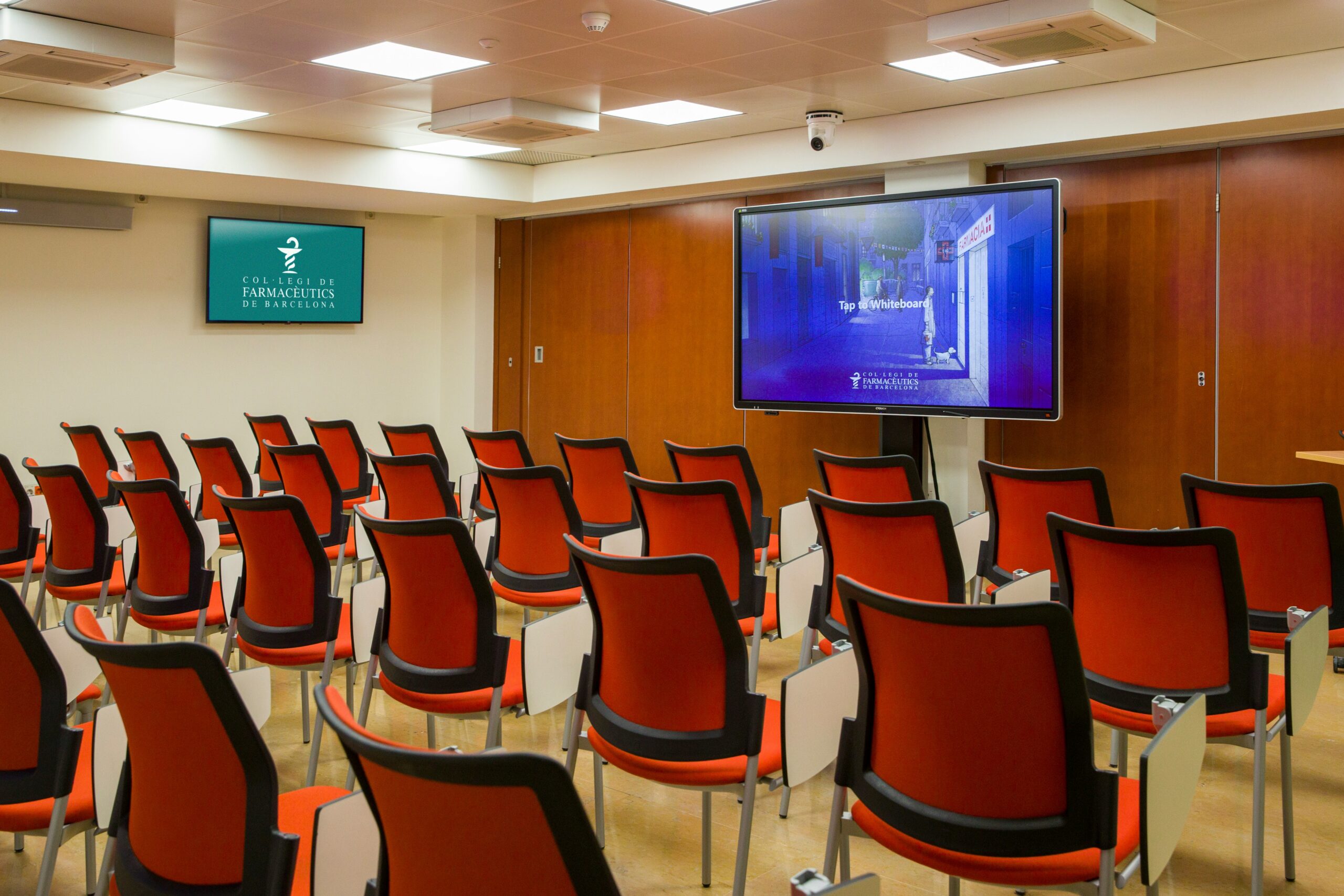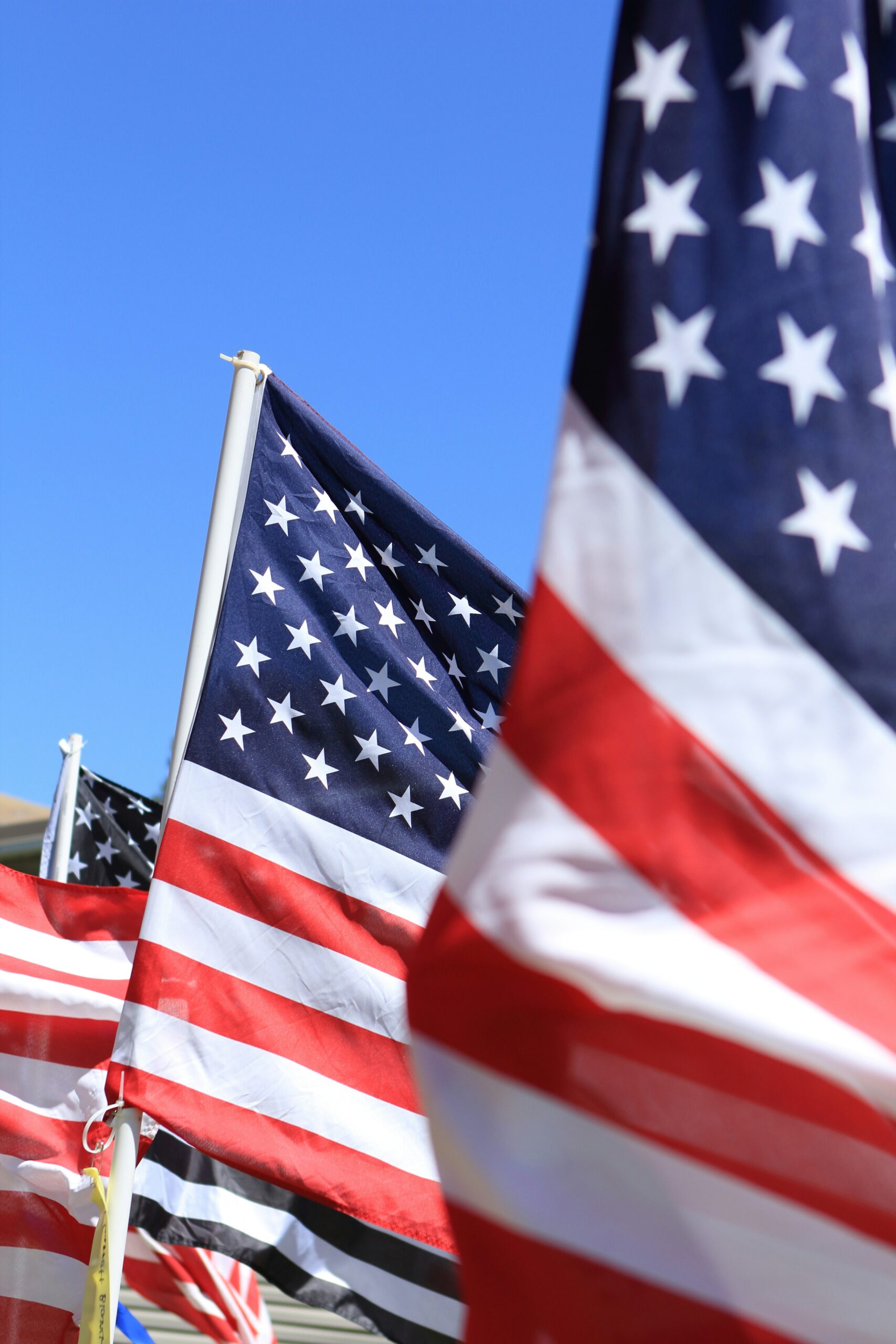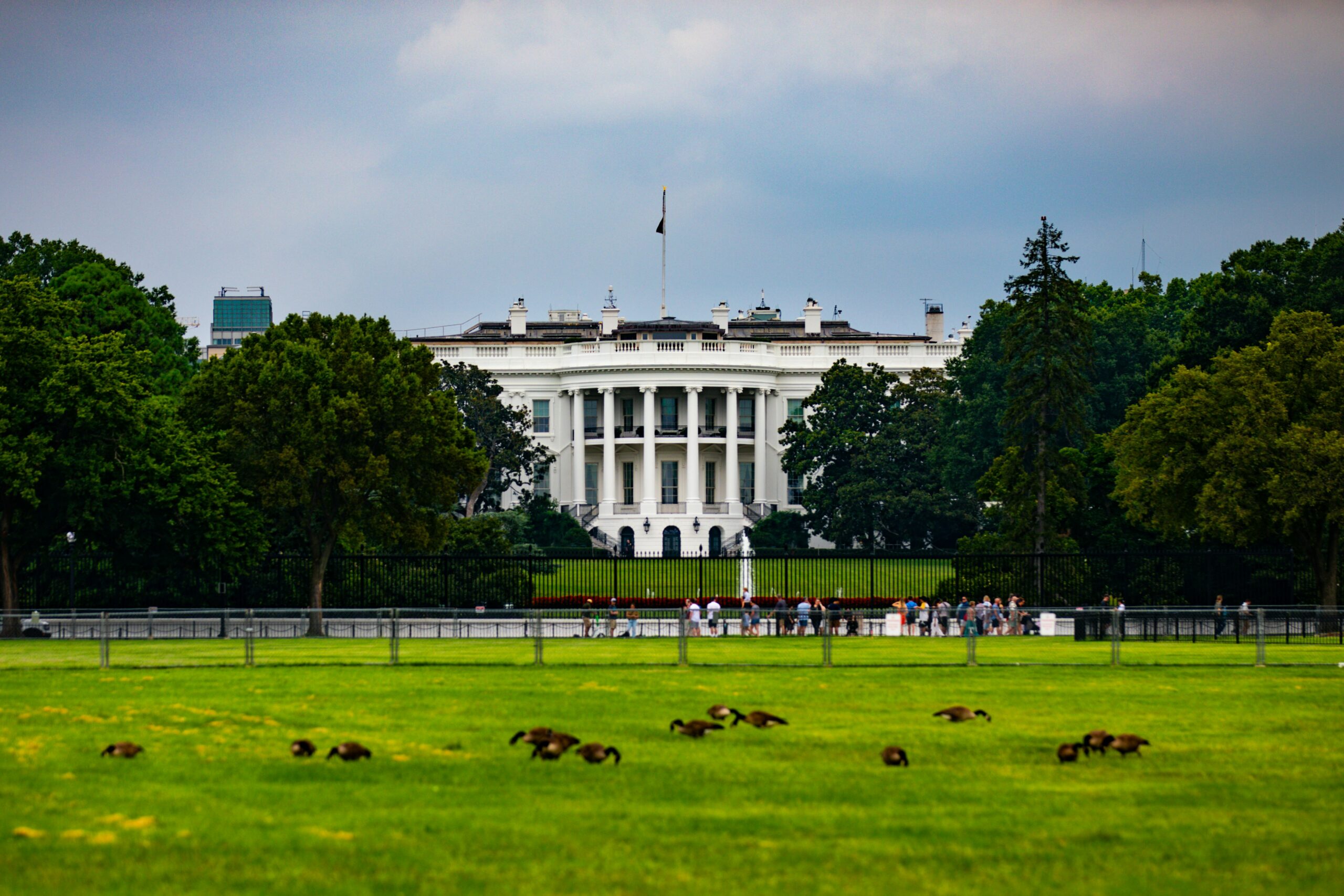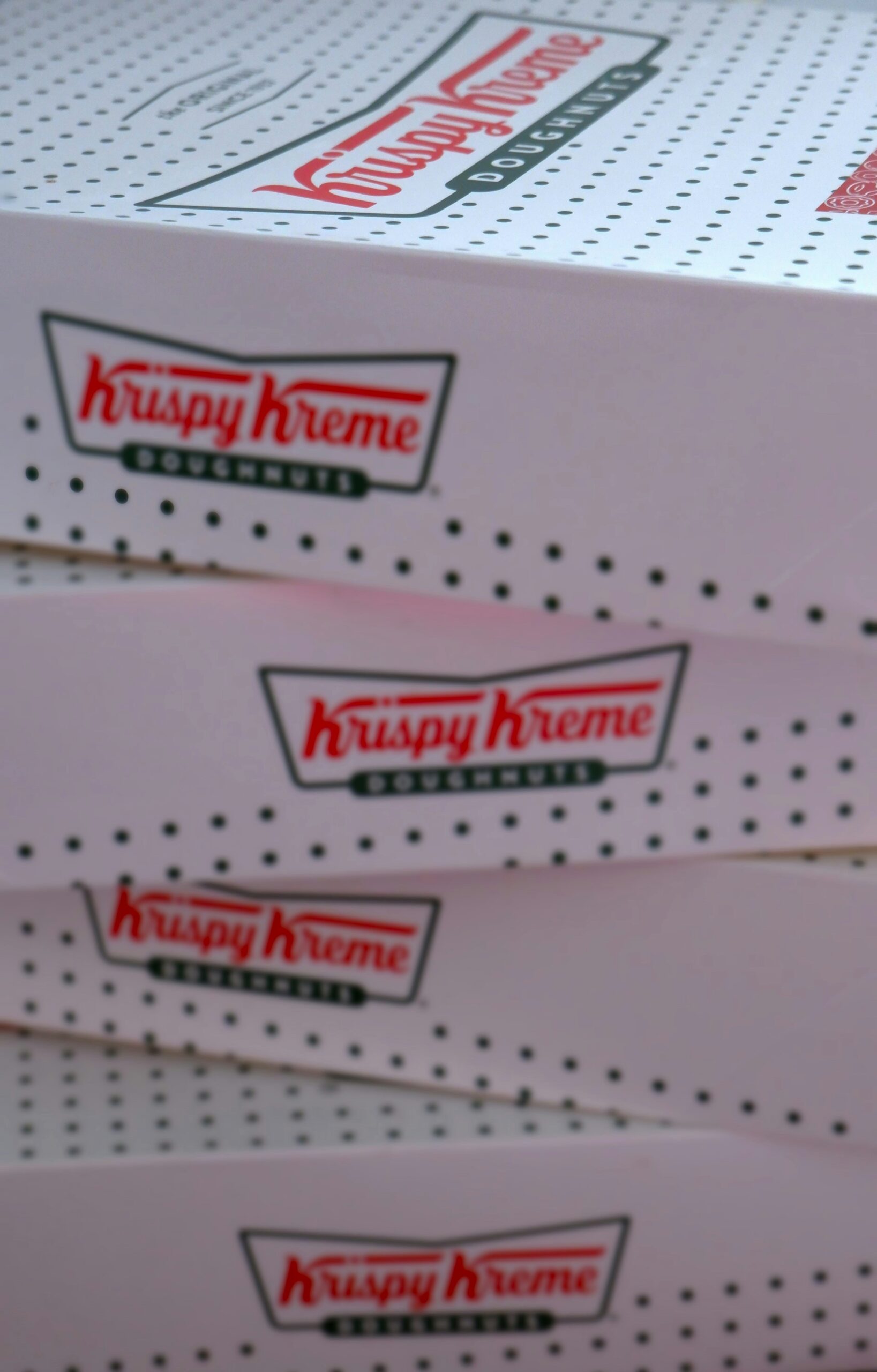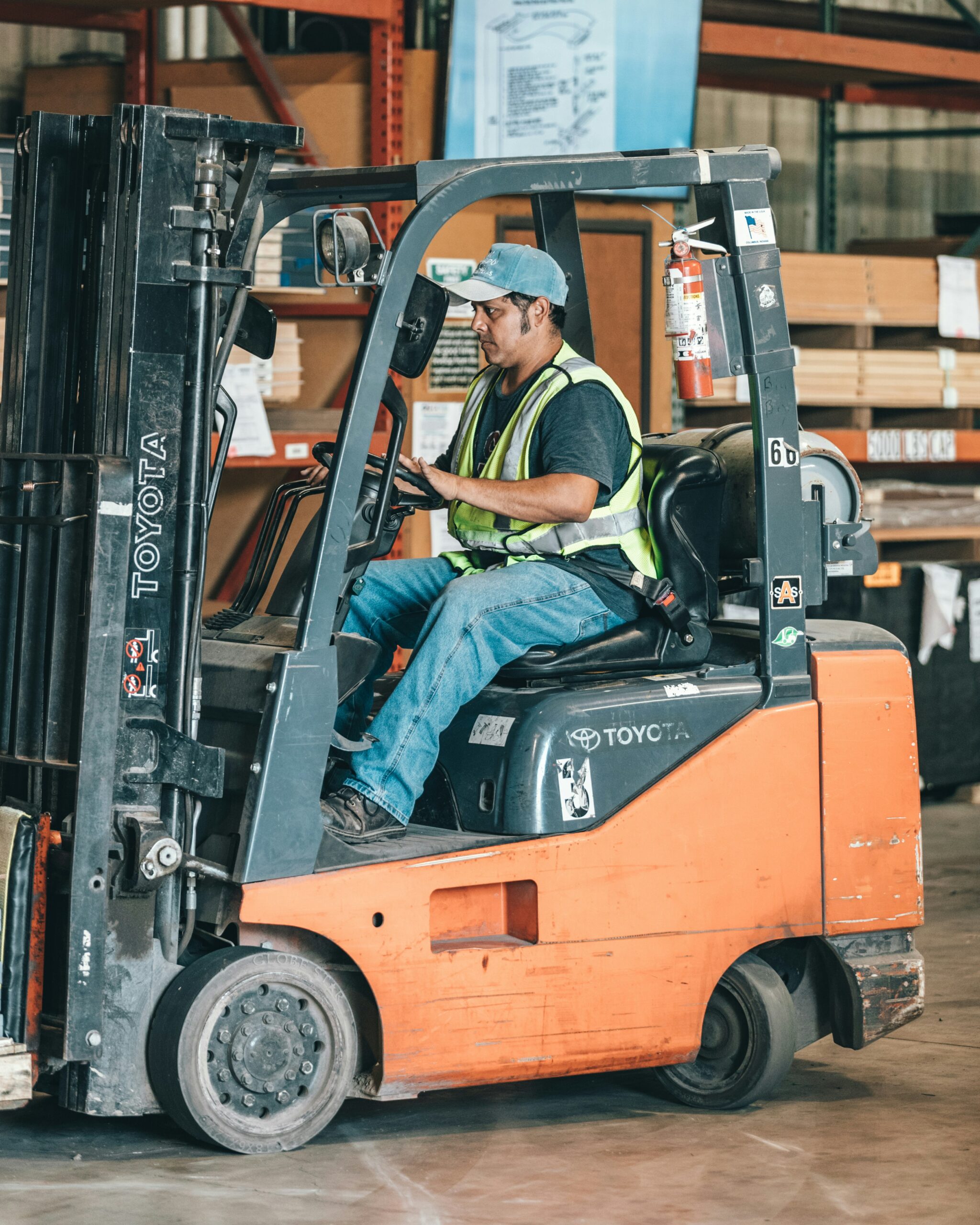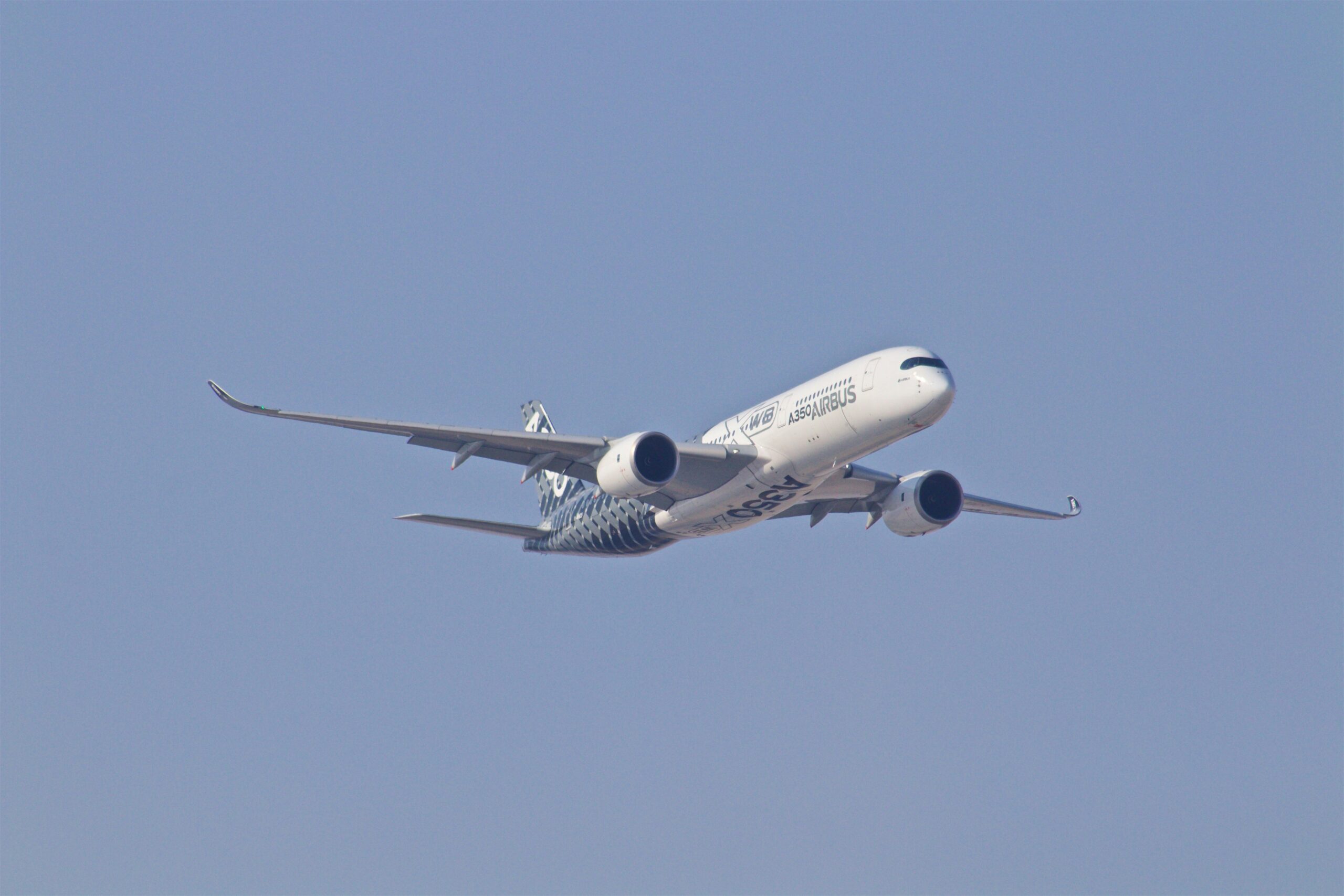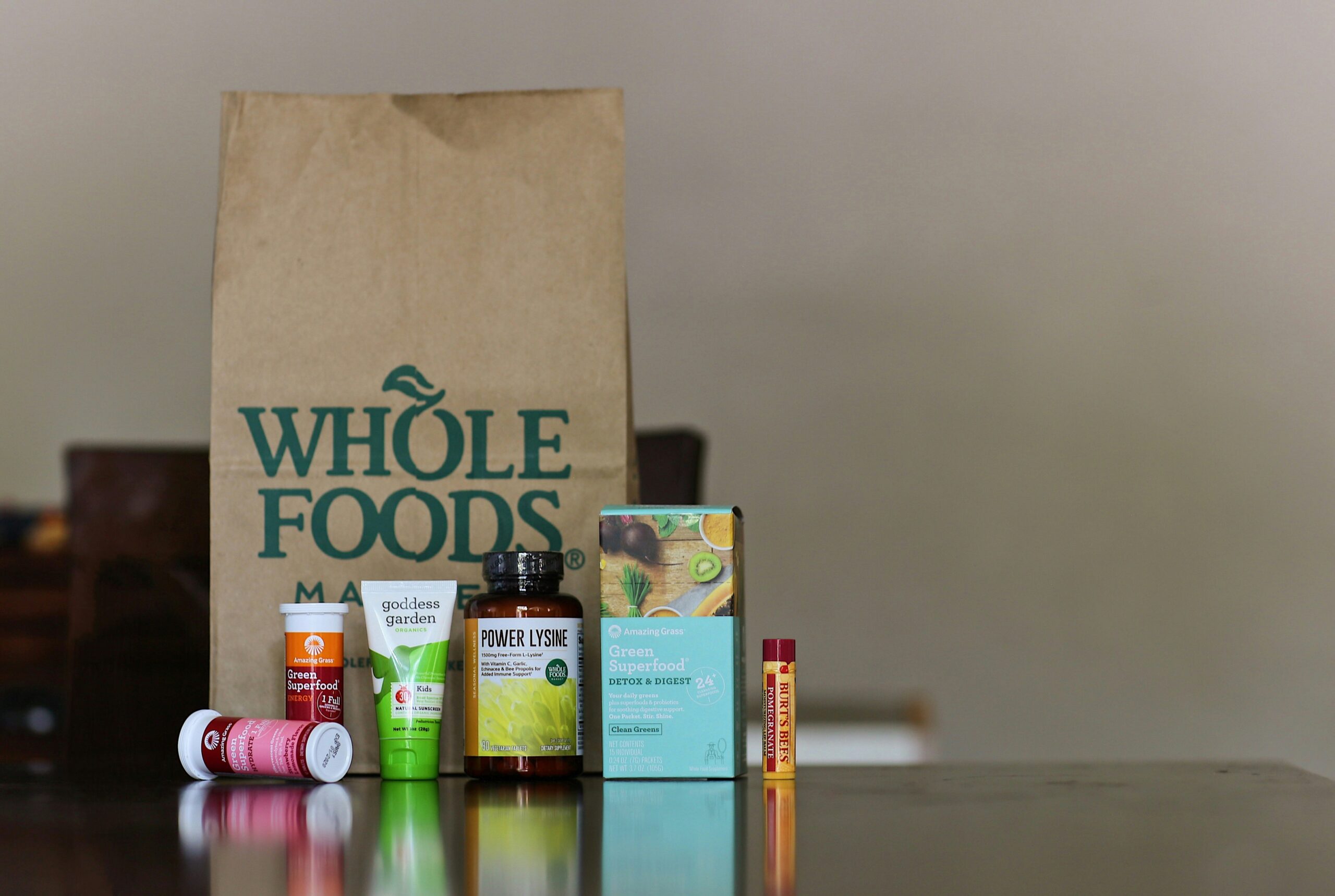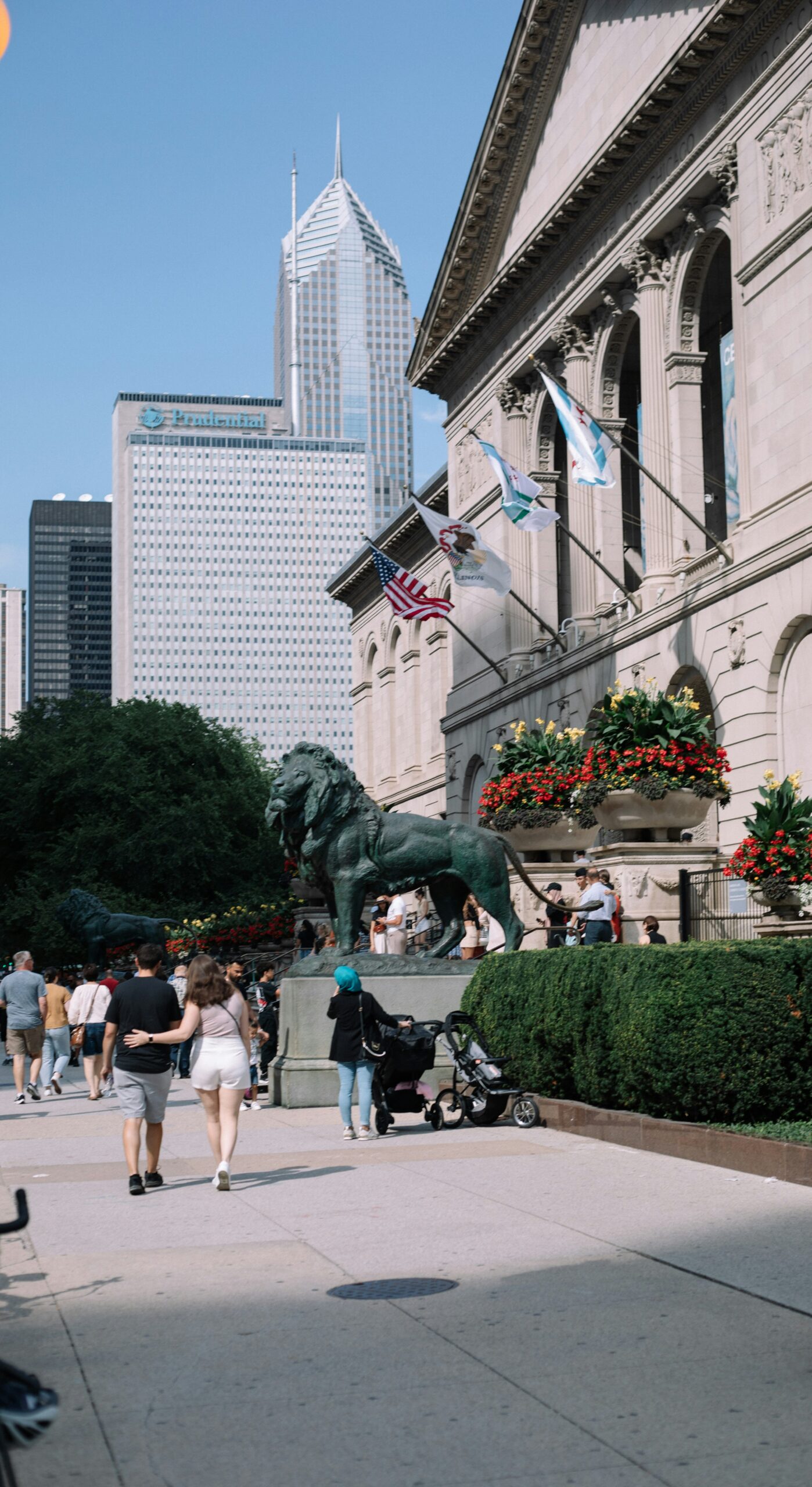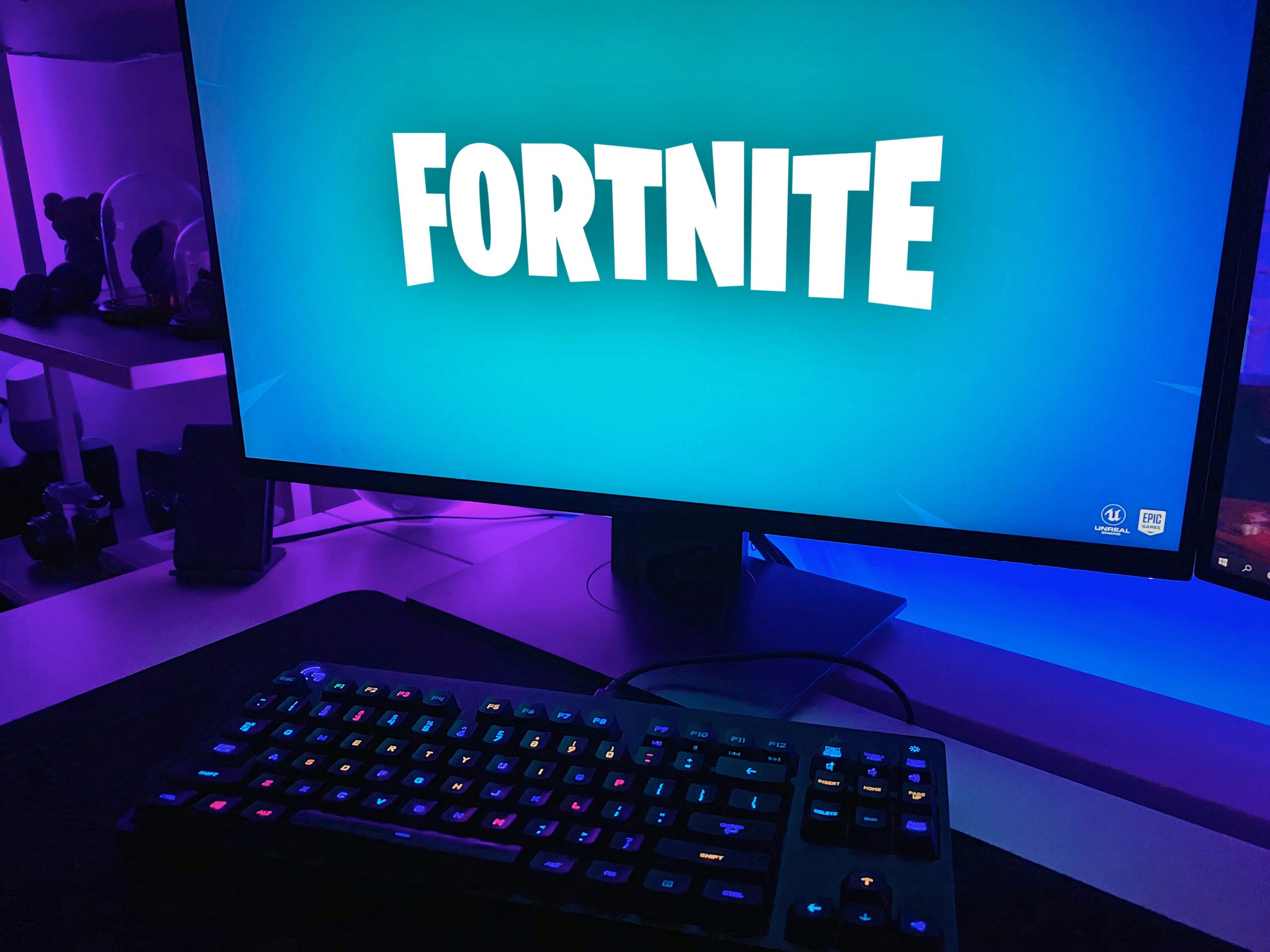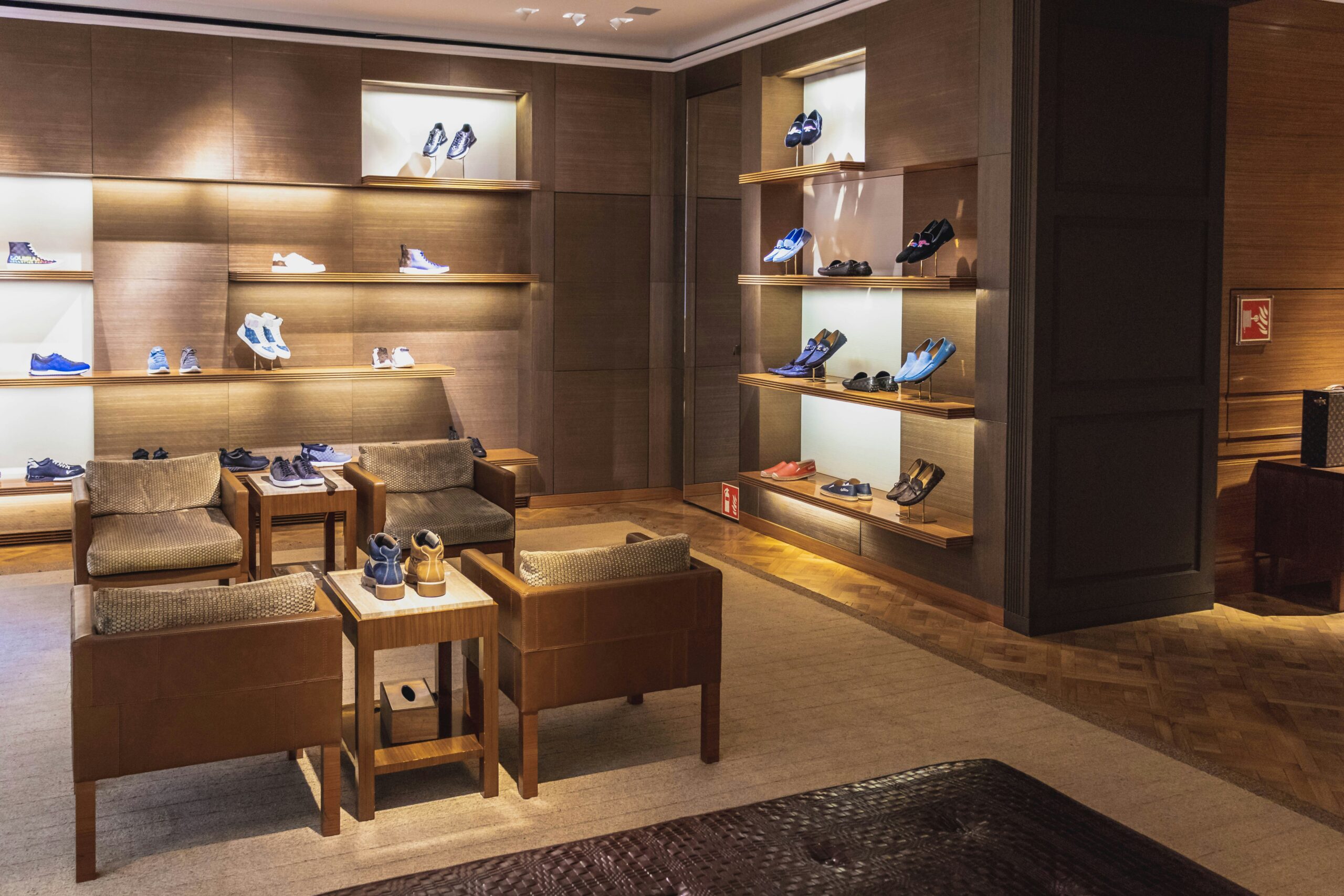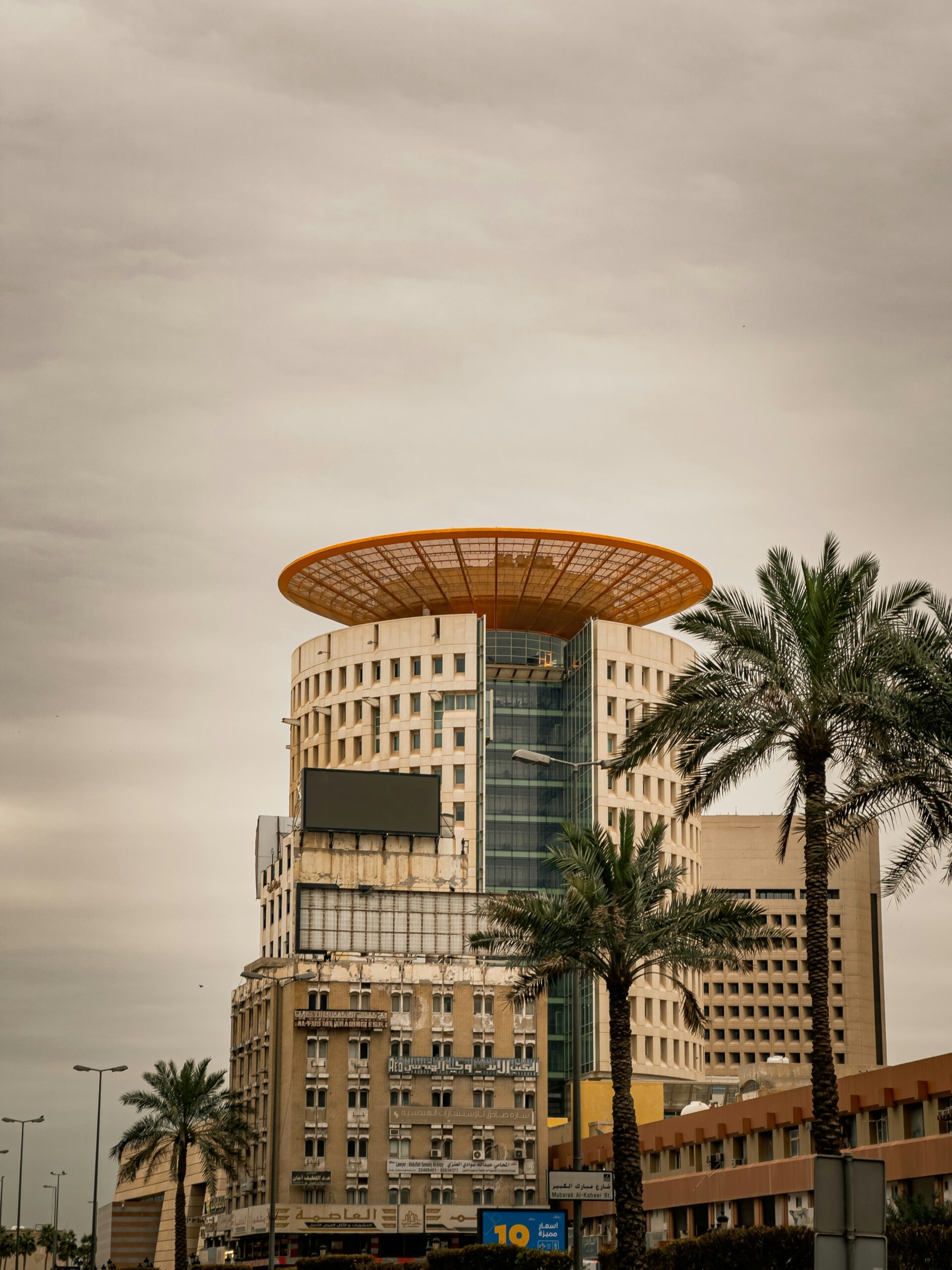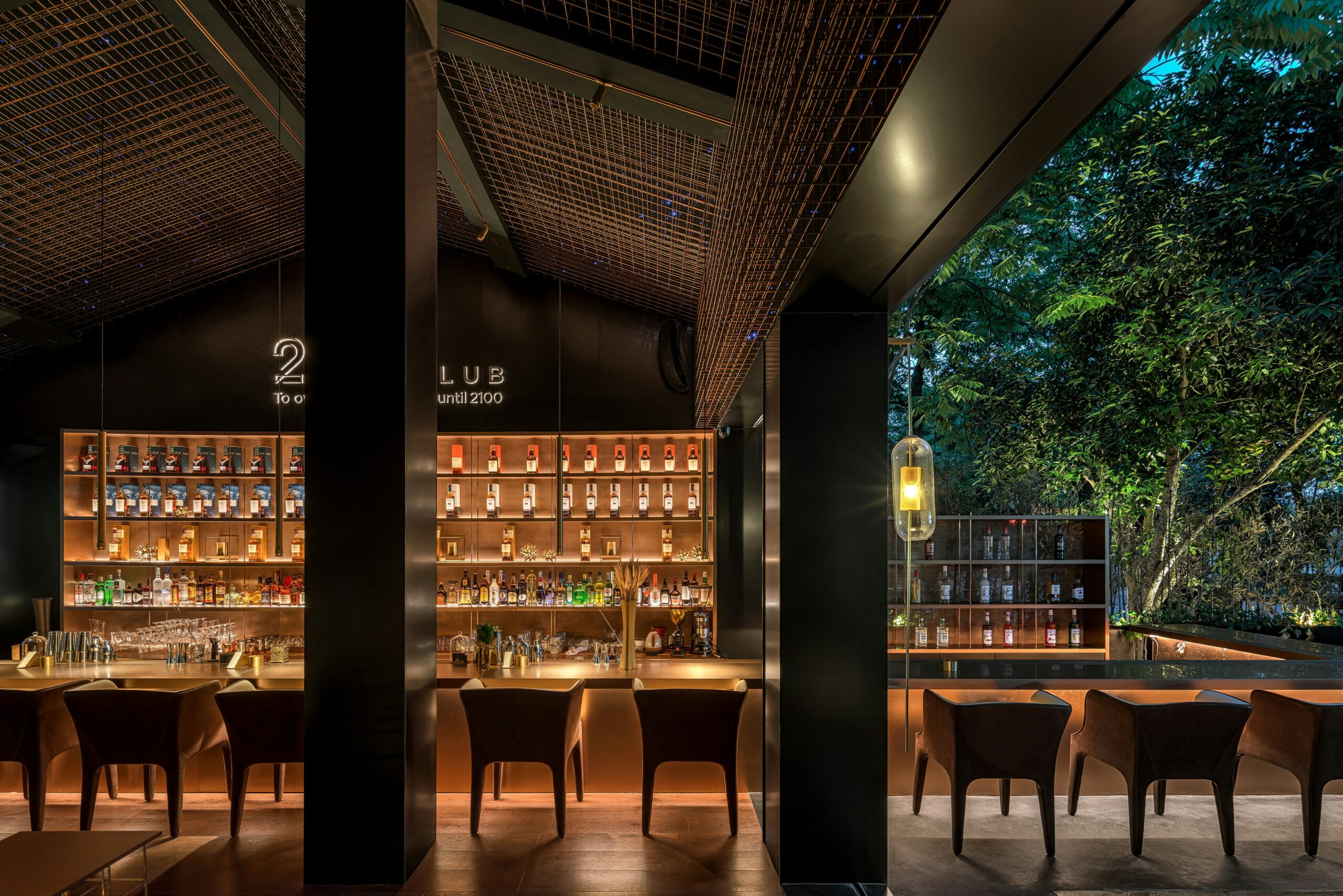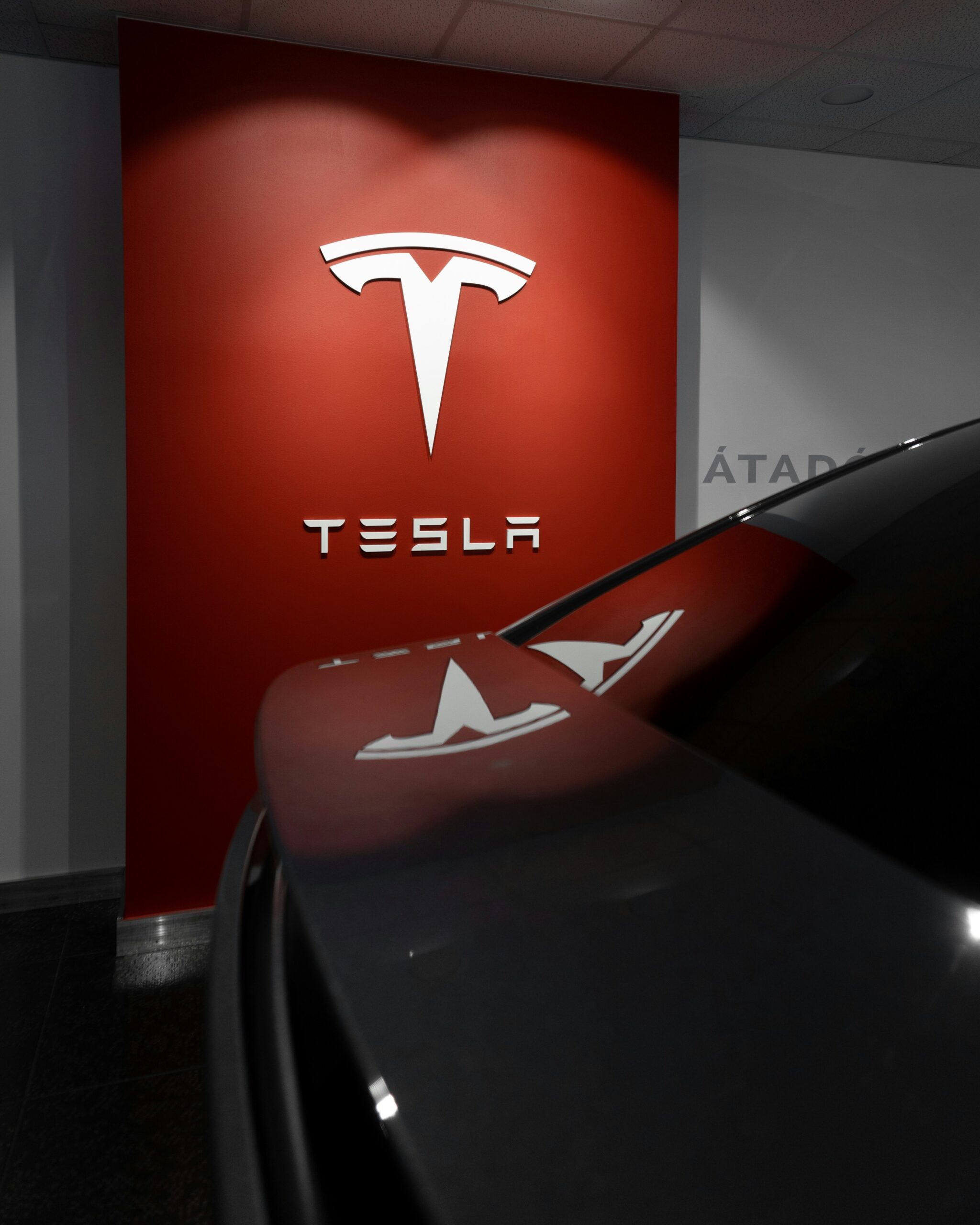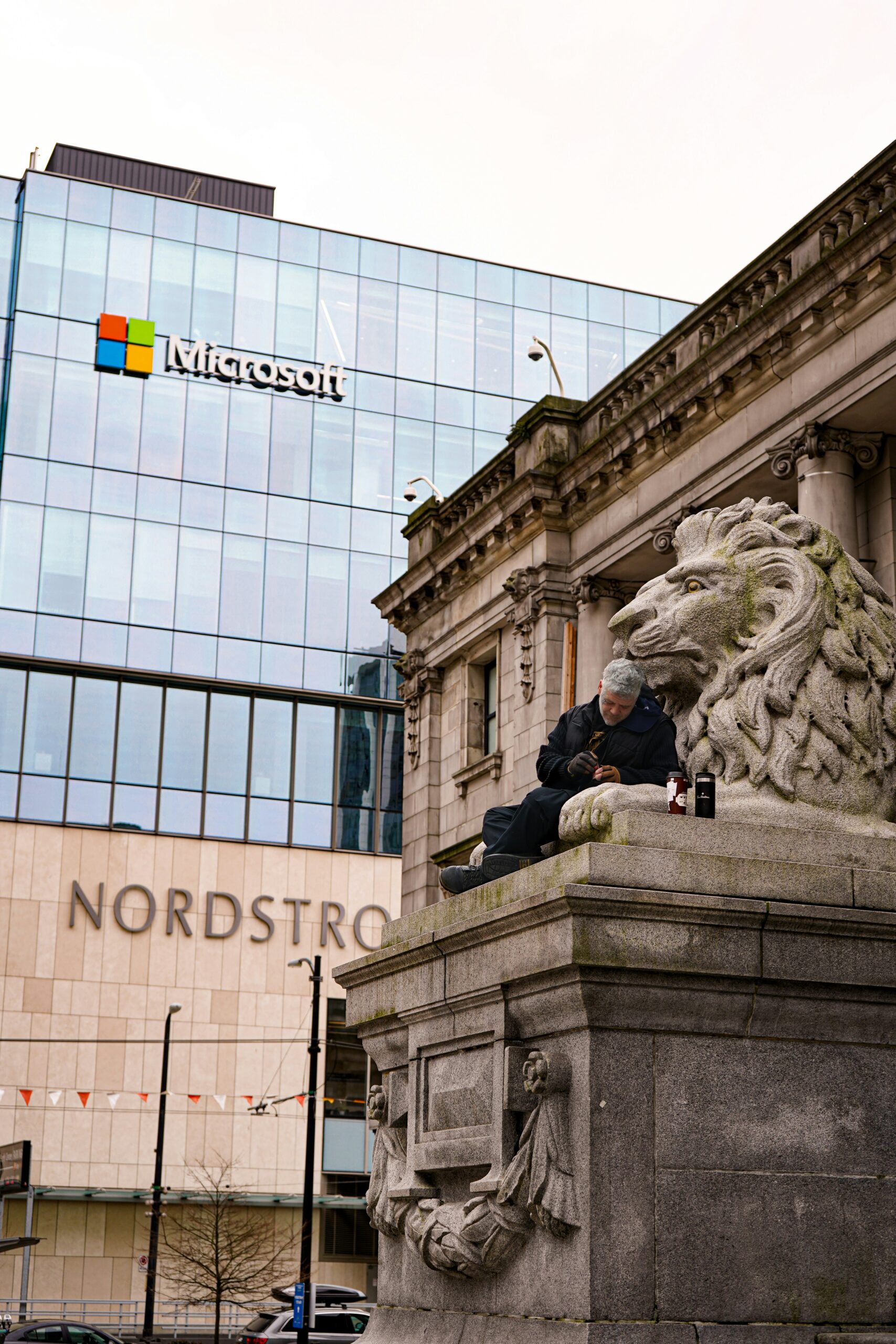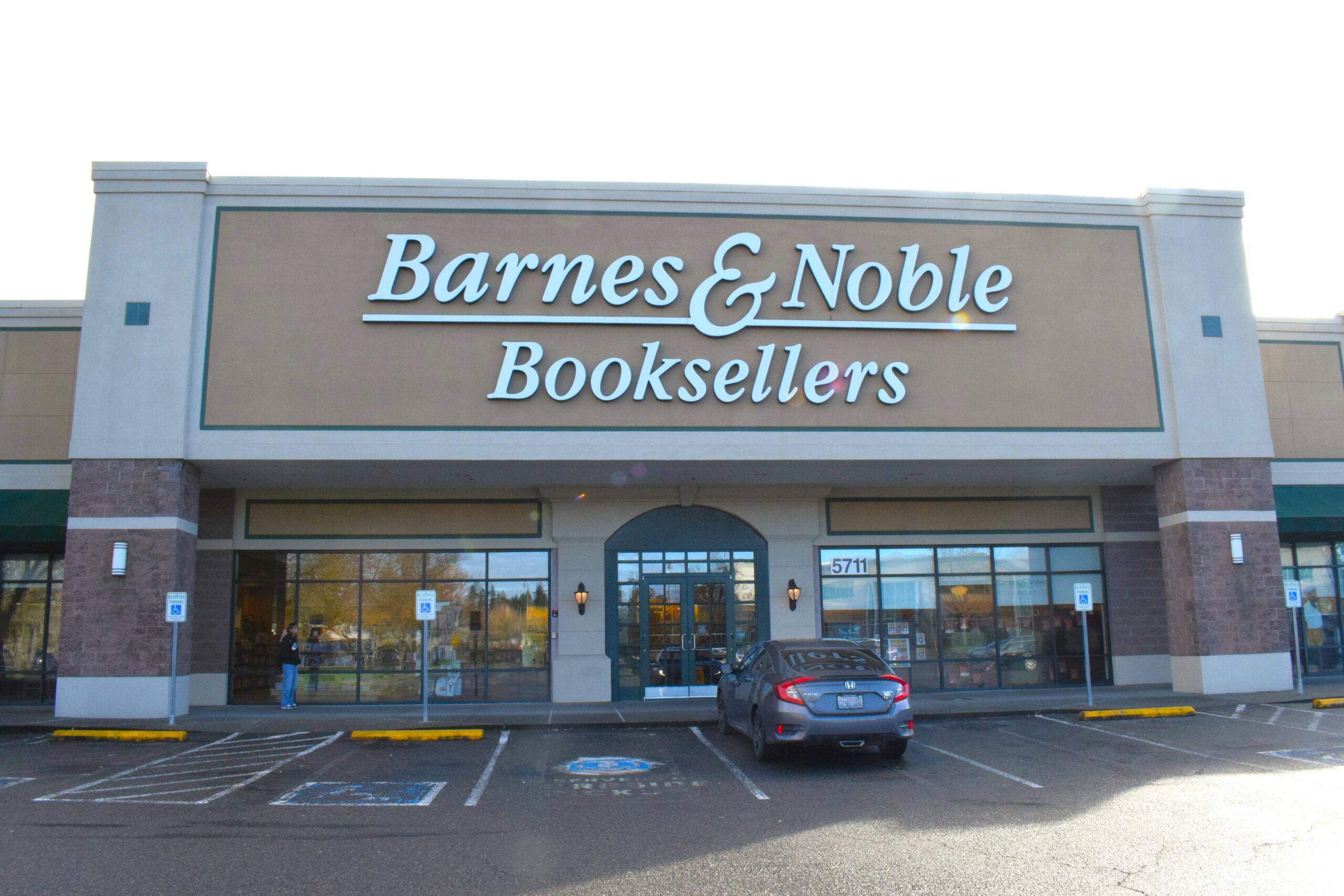Image credits: Pexels
As the Trump administration escalates its global trade war, local entrepreneurs in East Atlanta Village are preparing for financial strain from uncertain material sourcing and the rising threat of competition from corporate giants.
Trade Tensions Spark Growing Unease Among Local Entrepreneurs
In East Atlanta Village, a neighborhood well-known for its vibrant small business scene, local shop owners are alarmed over the financial pressures triggered by President Donald Trump’s latest round of tariffs. Business owners say the trade war disrupts their supply chains and pushes customers to seek business from their corporate counterparts.
Nate Minor, the owner of ScreenFixing, a local device repair business, said, “It might become a situation where we have to source more parts directly from Apple, [and] compared to aftermarket parts, they’re going to cost significantly more.”
Minor is also the president of the East Atlanta Business Association and fears that many small business owners will go out of business. His business may now face steep price increases due to tariffs of up to 145% on imported Chinese electronic parts.
Economic Optimism Fades Amid Policy Shifts
The impact of these tariffs stretches beyond electronic repairs. According to a recent survey conducted by Access to Capital for Entrepreneurs, a non-profit group based in Atlanta, nearly one-third of Georgia’s small businesses have reported moderate to significant cost increases due to tariffs in the first quarter of the year.
The National Federation of Independent Business also reported a downturn in small business sentiment in March, attributing this dip to growing policy uncertainties.
Victoria Park, the owner of Park Pet Supply, expresses her frustrations with the tariff uncertainties. “One day we’re having tariffs, the next day we’re not having tariffs, and the next day we’re having tariffs,” she exclaimed.
Park Pet Supply carries over 6,500 products, many imported from Canada. Park said she stocked up on goods ahead of the 25% tariff imposed on Canadian imports in March, but the rising costs are already noticeable.
Over 20 of her pet food brands have become more expensive, and she worries about cutting inventory.
“If the customers can’t get what they want when they come here,” she said, “they’re going to find it somewhere else,” like at other corporate pet stores.
Sourcing Struggles and Delayed Growth
The uncertainty has caused some businesses to delay planned expansions and investments. Micki Silvestros, who owns both East Atlanta Copy Center and Catalyst Studioz, a graphic design firm, said her vendors have started raising prices on basic materials like paper and laminating supplies. Instead of expanding her service offerings, she focuses on finding new suppliers to avoid overdependence on a single source.
Silvestros recently purchased a commercial space after decades of renting– a milestone dampened by the disappointing increase in construction costs. Lumber prices spiked amid a brief tariff exemption, only for the Commerce Department to propose raising duties on Canadian softwood lumber from 14.5% to 34.5%.
“The tariffs are directly affecting me being able to purchase materials for the construction,” Silvestros said. “There’s absolutely nothing I can do about it.”
Local Growth Stalls as Businesses Wait and See
Economists warn that trade policy uncertainty may suppress long-term growth in Atlanta’s business community. The city has recently ranked second nationwide for the most new business applications, but many potential investors are holding back.
As entrepreneurs across East Atlanta weigh cost increases against consumer demand, many ask how long they can continue competing under such volatile conditions. For now, resilience is their best source of strength, but they fear that may not be enough.













